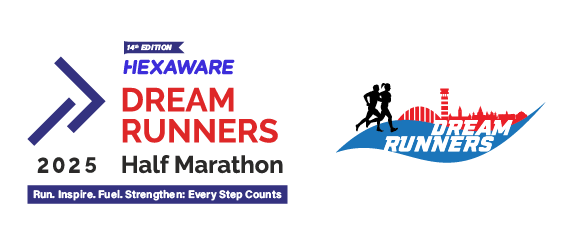It is well established that carbohydrate and fat act as the primary sources of fuel during endurance exercise depending on the intensity and duration. However, while fat stores in the body are abundant, carbohydrate stores are limited. In fact, it is suggested that stored carbohydrates can only provide energy for ~3h of endurance exercise. As a result, this becomes a limiting factor submaximal endurance performance. Hence, fatigue during endurance exercise is usually associated with depletion of blood glucose and stored muscle glycogen.
For the same reason, high carbohydrate diets have been employed in order to delay the onset of fatigue during endurance exercise. It has been shown to improve exercise performance, greater than 2 hours in duration. This shows that carbohydrates are an essential fuel before and during endurance exercise. Post exercise refuelling is necessary in order to replenish the used stores and enhance recovery.
Pre-exercise: Pre exercise carbohydrate consumption is well characterized by high carbohydrate diets. While this can optimise performance, it seems to be of benefit for events > 90 minutes. Depending on the duration and intensity of the exercise, the amount varies. Besides consuming high carbohydrate meals on the days leading up to the event, a carbohydrate rich meal 3-4 hours before the onset of the event is beneficial. This meal should be centred around slow releasing (low to moderate glycaemic index) carbohydrates such as oatmeal, basmati/brown rice, sweet potato, fruits or whole wheat bread. White rice can also be consumed as part of a meal.
Further, in the hour leading up to the exercise/event, additional carbohydrates can be consumed. This could be ~10-15 minutes before the event. Always choose a pre exercise meal that you are comfortable with and are used to consuming.
During the exercise: Carbohydrate intake during exercise seems to be of benefit those that are for prolonged durations (>30 minutes). The amount of carbohydrates needed again depend on the duration of the exercise. Carbohydrate ingestion will be required for events lasting 2h or longer. Moreover, the type of carbohydrate ingested also plays a role.
For events between 1-2 hours, most forms of carbohydrates can be consumed. This can be purely glucose or a combination of glucose and fructose. For events between 2-3 hours, glucose/maltodextrin-based sources in combination with fructose seem beneficial. For events longer than 2.5 hours, only combinations of glucose and fructose is advised.
It is thus imperative to check the ingredients of the energy drink/gel or any source of carbohydrate that you are planning to consume during the event. Do not try new modes of ingestion, that is, if you are used to consuming a drink, do not try a gel on race day.
Post-exercise: After exhaustive exercise it is imperative to replenish the used stores of carbohydrates. These meals have to be planned taking into consideration the intensity and duration of the exercise. In the immediate period after an event (0-4h), 1-1.2g/kg/h of carbohydrates need to be consumed at frequent intervals. This value further varies for daily recovery based on the intensity of the training session. Post exercise meals should be nutrient rich and preferably composed of fast releasing carbohydrates (moderate to high glycaemic index) like white rice, pasta, potatoes, instant oatmeal, whole wheat bread etc. Recovery should not be restricted to just the immediate period after exercise cessation, but should also be prioritized through the day.
It is evident that carbohydrates play an extremely important role before, during and after an endurance event. While certain recommendations can be generalised, it is imperative to scale the values according to an individual’s performance goals and energy needs.
Sharmada Venkat
Sports Nutritionist
Part of Dream Runners

